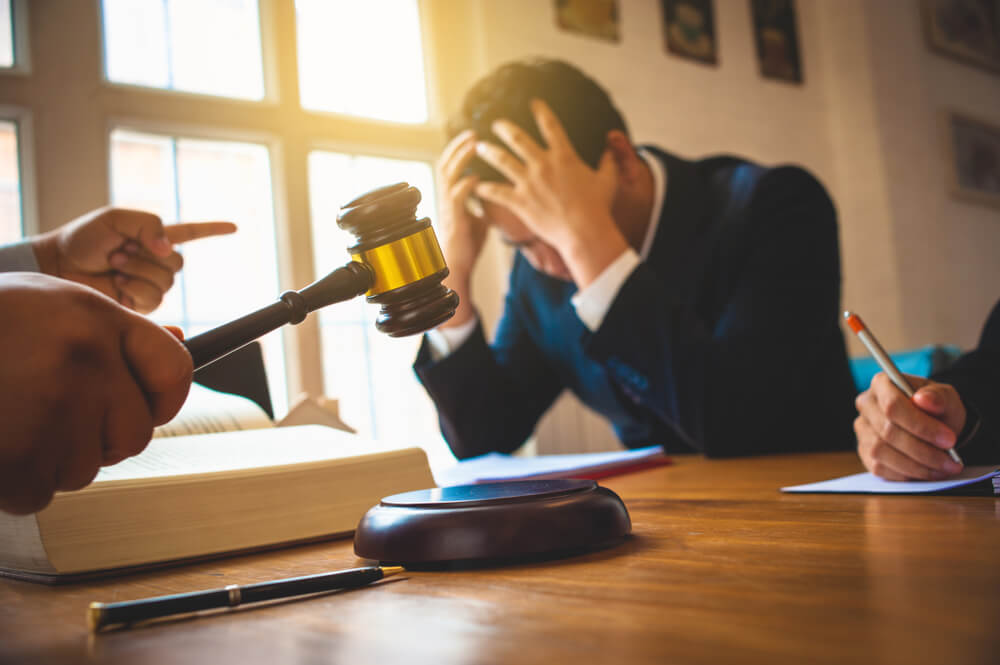
Your business thrives because of your clients. Your commercial value increases because you have happy customers. By this time, you are aware that cultivating and maintaining positive client relations is crucial for the success of the business.
If you have a client that has an outstanding debt, how do you go about this situation? What if this client has been loyal to your company for quite some time now; how do you pluck up the courage to remind them that they owe you money?
Most of the time, it can be quite hard to remind customers of an outstanding debt.
Your clients are human beings, each with their own set of unique circumstances. As long as you are acting within lawful bounds, and you employ a respectful approach, maintaining a fruitful relationship with your customer is still very much possible.
Does Debt Recovery Strain Your Client Relationship?
More often than not, some business relationships tend to turn sour when you drop friendly reminders of an overdue payment. It’s a matter of how you would handle the situation. Here are a few things to help you in debt recovery:
Communication is Important
When you attempt to reach out to a debtor, we cannot stress enough how important it is that you communicate your intentions clearly in a gentle yet firm manner. If you have a company that has a separate team that handles this kind of situation, make sure to train them well. It is a turn off to the client when their case is being handled by an impersonal, disinterested employee.
As you go through your conversation, list down key problem areas that your client may be facing. Make a reminder of when to make a follow-up; if you’re lucky, the client might be able to give you a general idea of when they intend to make their payments.
Listening with Empathy
Depending on your approach, a debtor may be open to communicating with you regarding their accounts. Once they do, make it a point to listen with empathy.
You’re in the position you’re in because of your customers. Business always goes both ways – a customer has needs and wants, and a company provides it. Maintaining customer loyalty is a trait that not many businesses seem to hold with high regards.
Despite the debt owed to you, trying to keep a good business relationship with your client goes to show that you appreciate their business thus far.
When To Enlist the Help of a Debt Recovery Agency

All companies have their own internal processes when it comes to recovering debt from clients. If the debtor is uncooperative after one reminder email or call, then handing the case over to a debt recovery agency at this point would be a good time.
There are a couple of reasons why you shouldn’t wait until you get in touch with an agency:
- Waiting might make the debt recovery less likely. Except for the Northern Territory, you have a maximum of six years from the last invoice to try to recover debt.
- If this is a client that has been loyal to you and your business, and you wish to continue this relationship, then getting an outsider (in this scenario, it’s the agency) to handle debt recovery would be the best course of action.
How Does a Debt Recovery Agency Work?
Generally speaking, an agency would have to request for information from you regarding the debt. Now is the time to present any contracts signed (if any), receipts, and if you have attempted to make contact with the client.
Once the case has been handed over to the agency, they’ll use the information you gave them to try to get in touch with the debtor. It is your personal choice to inform your client that their account is now being handled by an agency.
Usually after the first contact (either by mail or email), the debtor is given a certain time period to handle the debt. If the debtor doesn’t respond, the agency will have to attempt to make contact again before the period ends, either by email or by means of a phone call. If the client is still unresponsive, a solicitor’s letter is sent out — it indicates that if the client does not make payment or at least communicate with the agency, then legal action will be the next step.
In terms of how long before a debt is recovered, it’s a case by case basis. The agency has to find out a few key factors first, such as:
- If the debtor is in a position to pay the account
- If the debtor is in dispute with details of the account, or the account itself
- If a payment arrangement can be made or finalised with the debtor
Legal proceedings, should it progress to that stage, will most likely lengthen the time frame.

Is Debt Recovery Guaranteed?
Under no circumstances can a reputable agency guarantee that it can recover a debt on your behalf. Even when you have a strong case, and you have contracts and receipts, this is not enough for an agency to make such claims. An agency needs to investigate the account further for them to be able to see if recovery is possible.
Debt recovery differs from one account to another and even between negotiations, an agency can’t fully promise you anything.
With that being said, it’s important that during this time it’s important to forward any correspondence you may have with the debtor to the agency, especially when it has something to do with the account. Keeping the agency in the loop will assist them determine further if debt recovery is possible. Plus, you’re not putting yourself in an awkward position.
A Final Word
You relationship with your client doesn’t have to be strained when debts come into the picture. A gentle yet firm approach to trying to recover debt is always the best plan of action. Make sure to enlist an agency that values your clients as much as you do.





















